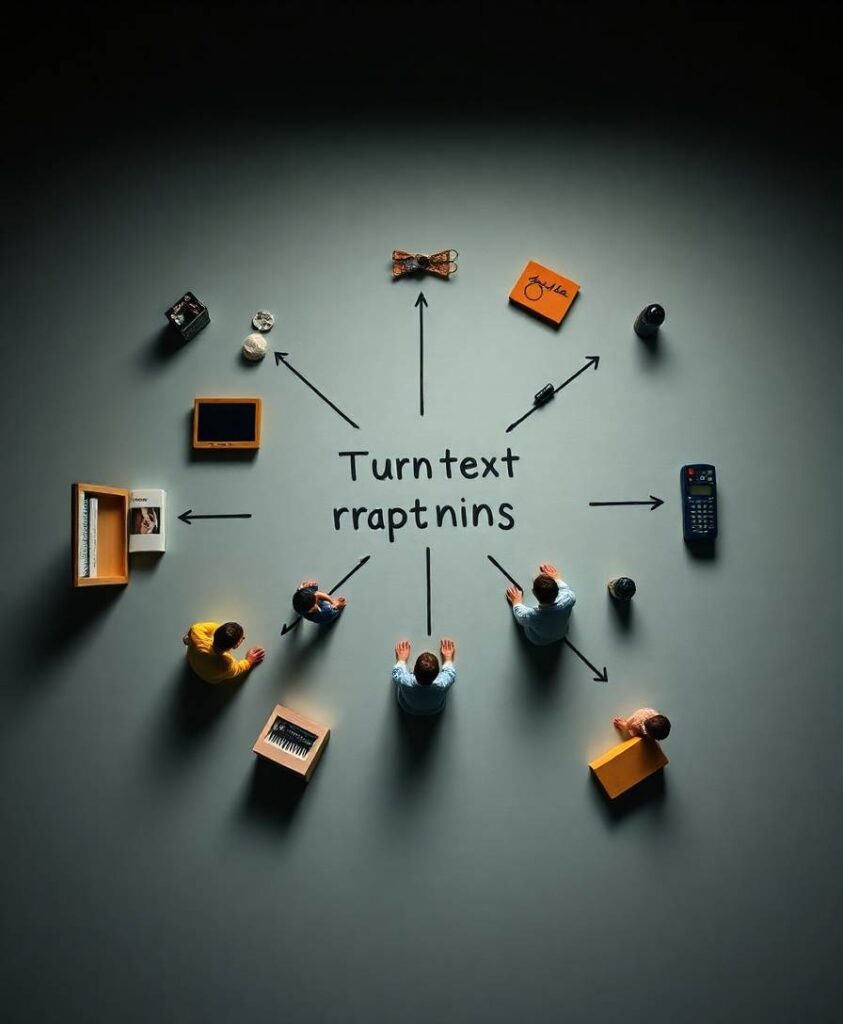Order Matters! Influences of Linear Order on Linguistic Category Learning
Abstract
Linguistic category learning has been shown to be highly sensitive to linear order, and depending on the task, differentially sensitive to the information provided by preceding category markers (premarkers, e.g., gendered articles) or succeeding category markers (postmarkers, e.g., gendered suffixes). Given that numerous systems for marking grammatical categories exist in natural languages, it follows that a better understanding of these findings can shed light on the factors underlying this diversity. In two discriminative learning simulations and an artificial language learning experiment, we identify two factors that modulate linear order effects in linguistic category learning: category structure and the level of abstraction in a category hierarchy. Regarding category structure, we find that postmarking brings an advantage for learning category diagnostic stimulus dimensions, an effect not present when categories are non‐confusable. Regarding levels of abstraction, we find that premarking of super‐ordinate categories (e.g., noun class) facilitates learning of subordinate categories (e.g., nouns). We present detailed simulations using a plausible candidate mechanism for the observed effects, along with a comprehensive analysis of linear order effects within an expectation‐based account of learning. Our findings indicate that linguistic category learning is differentially guided by pre‐ and postmarking, and that the influence of each is modulated by the specific characteristics of a given category system.
Marc is a Canadian exercise physiologist in St. John’s, linking fitness to sharper thinking. He writes about real-world ways to stay strong and sharp, inspired by Newfoundland’s tough, no-frills lifestyle.

